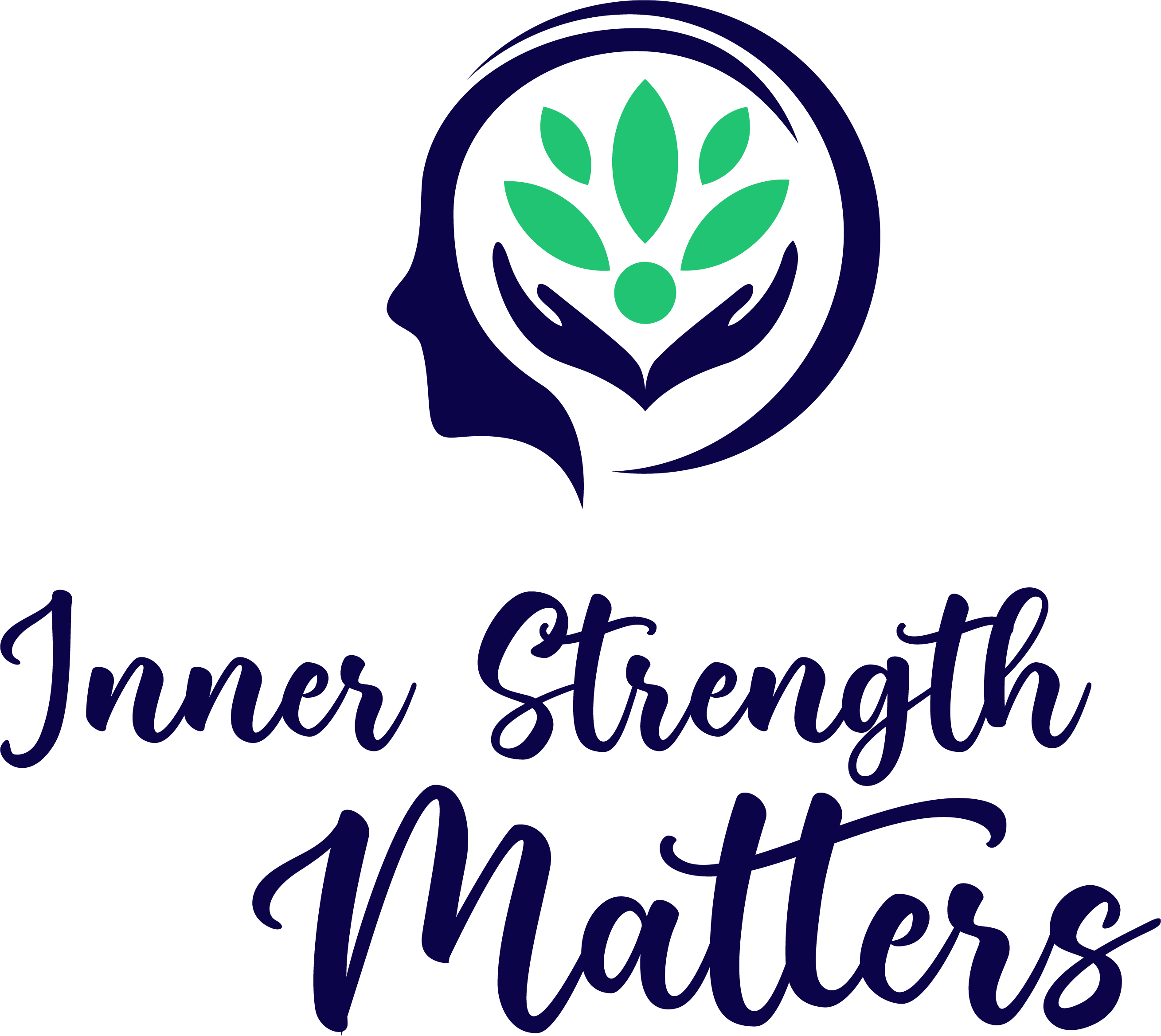In the big picture of life, our relationships with people are like the threads that hold our lives together. Family and friends are two of these crucial strands that significantly affect how we feel on the inside, particularly in terms of our mental health.
In the big picture of life, our relationships with people are like the threads that hold our lives together. Family and friends are two of these crucial strands that significantly affect how we feel on the inside, particularly in terms of our mental health.
The Pillars of Emotional Support:
Families, often our earliest and most enduring relationships, hold a special place in our mental health terrain. Their role extends beyond mere biological ties, caging emotional bonds that provide stability and nurturing. Families can be sources of unconditional love, understanding, and acceptance, creating an environment where individuals feel valued and secure. Supportive family dynamics offer a safe space to express feelings and seek solace during challenging times.
Companions on the Journey:
Friends, the companions we choose, are another vital aspect of our social network. These relationships are characterized by shared interests, mutual respect, and camaraderie. Friends serve as confidants, offering an external perspective and a listening ear. The presence of close friends fosters a sense of belonging and counters feelings of isolation. Engaging in social activities with friends can boost mood, enhance self-esteem, and alleviate stress.
The Power of Emotional Validation:
Both family and friends play a significant role in emotional validation—the process of admitting and validating each other’s feelings. This validation is essential for mental health, as it validates an individual’s experiences and emotions, reducing feelings of loneliness and fostering emotional connection.
Providing a Supportive Network:
During mental health challenges, families can serve as a safety net, offering reassurance and a sense of grounding. Whether it’s through open conversations, practical assistance, or unconditional love, family members can provide a cushion that helps individuals cope with stress, anxiety, or depression. Their unwavering presence can instill hope and bolster resilience.
Breaking the Stigma and Encouraging Help-Seeking:
Family and friends play a critical role in breaking down the stigma surrounding mental health. Their understanding and support encourage individuals to seek help when needed. When families and friends openly discuss mental health concerns, it sends a powerful message that seeking professional assistance is a sign of strength, not weakness.
Promoting Positive Coping Mechanisms:
Both family and friends can influence the development of positive coping mechanisms. Engaging in activities together, sharing hobbies, and offering a listening ear can help individuals manage stress and anxiety. These interactions contribute to a sense of normalcy and a feeling of being understood.
Conclusion
Family and friends are not just passive observers in the journey of mental health—they are active participants who shape our emotional landscapes. Their support, empathy, and understanding are integral to promoting mental well-being. The role of family and friends is not only about offering comfort during difficult times; it’s also about celebrating joys, fostering connections, and creating a tapestry of relationships that weave through the very fabric of our lives. As we recognize and value their influence, we take a significant step towards nurturing a community of compassion and emotional resilience


1 thought on “The Crucial Role of Family and Friends inMental Health”
Pingback: How Social Media Causes Depressed